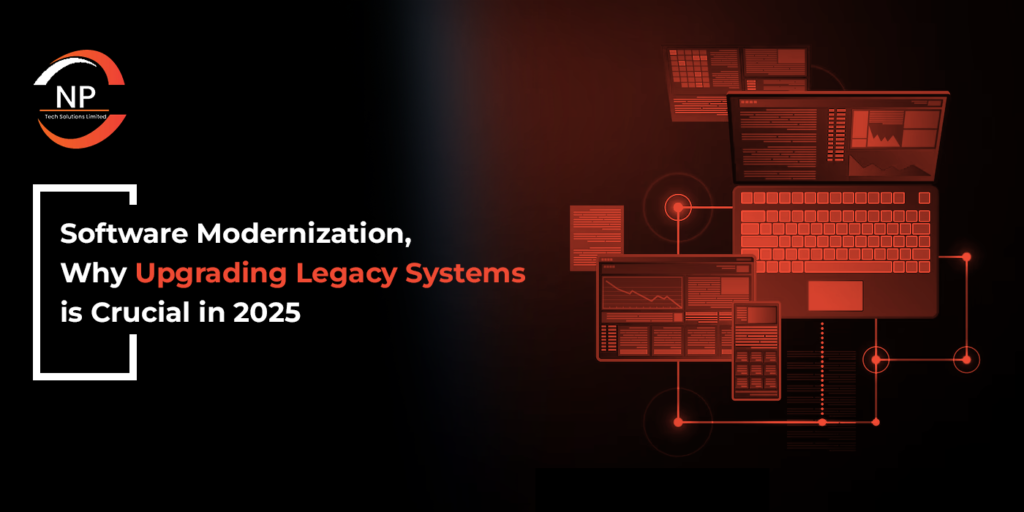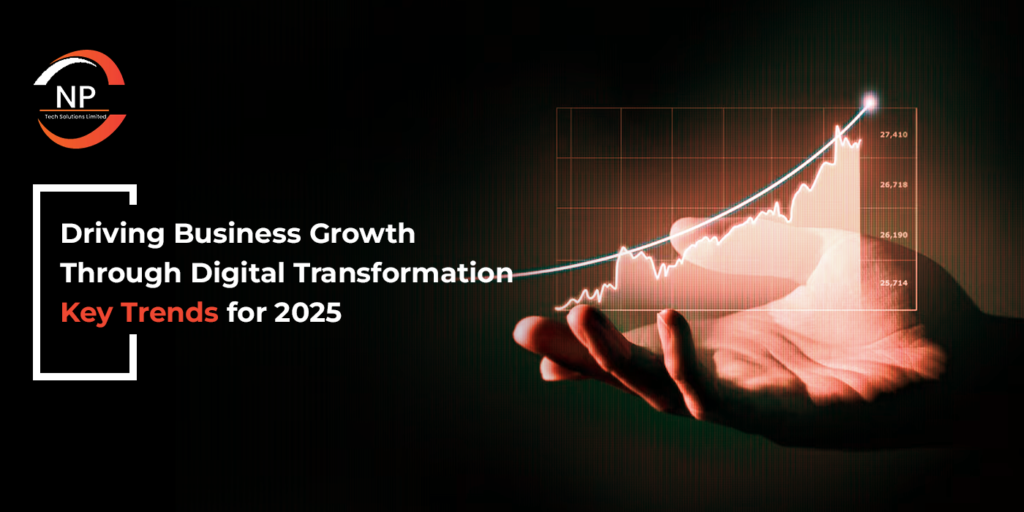Software Modernization: Why Upgrading Legacy Systems is Crucial in 2025
Software Modernization: Why Upgrading Legacy Systems is Crucial in 2025
In today’s fast-evolving digital landscape, software modernization has become essential for businesses aiming to stay competitive. As technology advances, legacy systems often become a barrier to growth, slowing down operations and increasing security risks. By upgrading outdated systems, businesses can enhance performance, improve security, and adapt to the ever-changing demands of the market.

What is Software Modernization?
Software modernization involves upgrading or replacing legacy systems with modern technologies to improve functionality, performance, and security. It can include:
- Re-platforming: Moving applications to cloud infrastructure
- Re-architecting: Redesigning systems for better performance
- Re-coding: Updating code with the latest programming languages
- Integration: Connecting legacy systems with new software
Why is Software Modernization Crucial in 2025?
1. Enhanced Security
Legacy systems are more vulnerable to cyberattacks due to outdated security protocols. Upgrading software ensures compliance with GDPR, ISO 27001, and other data protection regulations.
2. Improved Performance and Scalability
Modern software delivers faster processing speeds, better user experience, and seamless scalability, enabling businesses to handle larger workloads.
3. Cost Efficiency
Maintaining outdated systems is often more expensive due to frequent breakdowns and lack of vendor support. Modern systems reduce operational costs and increase efficiency.
4. Cloud Integration
Cloud-based solutions offer greater flexibility, allowing businesses to access data anytime, anywhere. Migrating to the cloud improves collaboration and business continuity.
5. Competitive Advantage
Modern software enables businesses to adopt AI, automation, and data analytics, giving them a competitive edge in the digital market.
Best Practices for Software Modernization
- Conduct a thorough IT audit to identify outdated systems
- Prioritize critical applications for modernization
- Choose the right modernization approach (re-platform, re-architect, or replace)
- Collaborate with IT consulting companies for seamless migration
- Train employees on new systems
- Regularly update software to ensure long-term performance
Benefits of Software Modernization
- Enhanced cybersecurity
- Faster processing speeds
- Cost savings
- Better customer experience
- Seamless cloud integration
- Increased business agility
Conclusion
In 2025, software modernization is no longer an option but a necessity for businesses striving for growth and efficiency. By upgrading legacy systems, companies can improve performance, strengthen security, and unlock new opportunities in the digital age. Partnering with a trusted UK IT consulting company ensures a smooth transition and long-term success.


